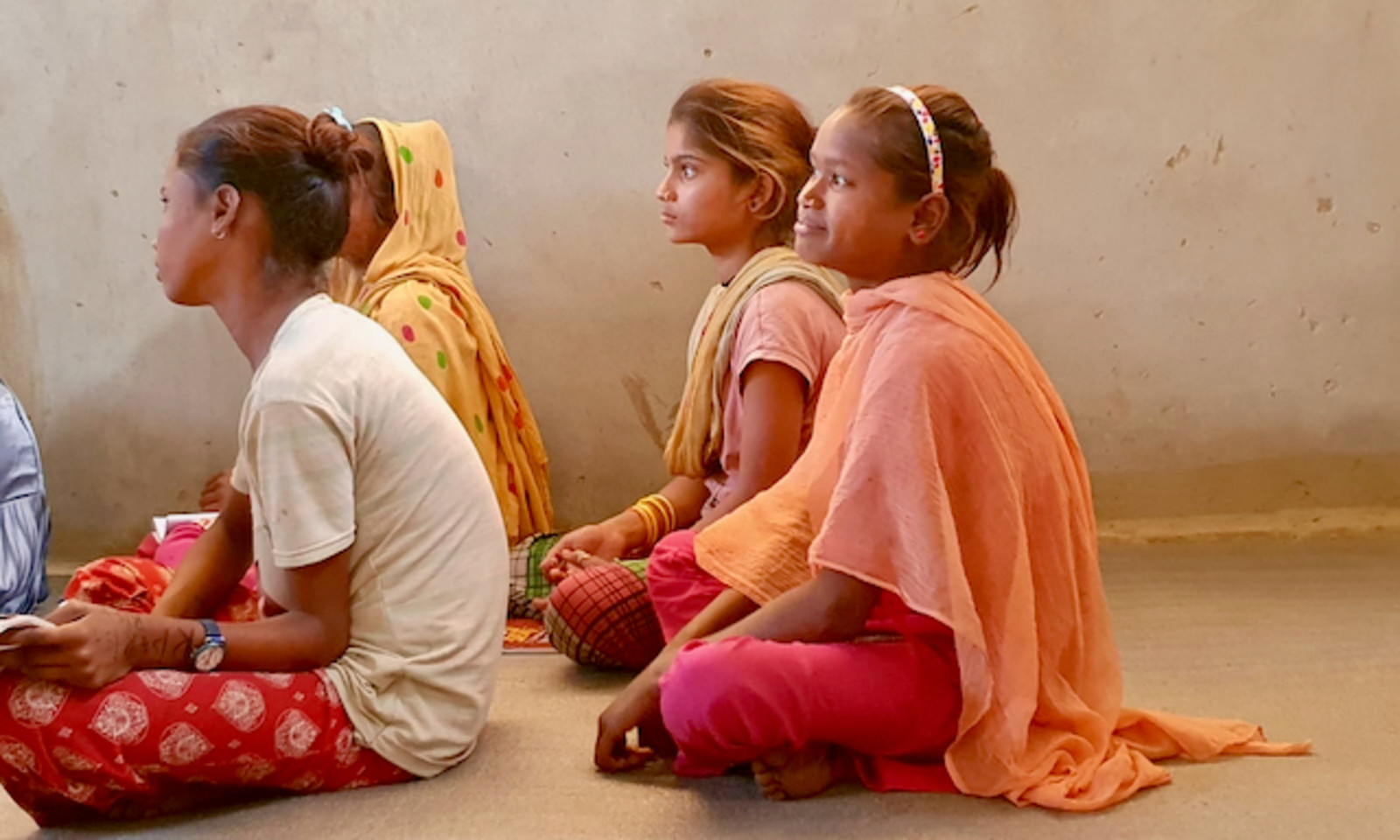
Songs of Grace and Salvation
An Advent series
By Ben Thurley
Published 14 Dec 2022
The gentle lyrics of Christmas carols and the pretty pictures on our Christmas cards can give us a false sense of what the first Christmas must have been like. Our family gatherings, festive meals and Christmas shopping sprees can also obscure for us the reality of struggle and deprivation and loneliness for so many people – in our own country and around the world.
So I want to reflect together about Christmas.
About the gift God shared with us all, with the whole world, on that first Christmas. A gift first given to a stigmatised woman and then to shepherds, labourers weary from the hard and dangerous work of protecting and finding provision for their flocks.
I also want to reflect, in light of Christmas, on the shepherds and the stigmatised women of Nepal, and all the many people who have been pushed to the margins.
God's grace still breaks miraculously into situations of suffering and oppression today. Those moments of grace among the shepherds and stigmatised women of Nepal show us something about God, and also about ourselves. Because God still invites us to receive and bear that miraculous gift, amidst all the mess of our everyday lives, as we love and share.
Not just at Christmas. But always.

#1 Shame and Salvation
Mary is an unmarried mother-to-be. A pregnant teenager. The kind of woman who is frowned upon, looked down on, stigmatised and shamed. The kind of woman who might even, in other circumstances and if the crowd got its blood up, be stoned to death as an obvious "sinner". Even her own husband-to-be, the Gospel says, plans to abandon her quietly to avoid the public disgrace.
Yet, Mary bears the hope of Israel in her body and God gives her relatives the grace to recognise a miracle- which Mary then proceeds to sing about, at the top of her lungs.
God, she declares, has taken notice of her, even though she is nothing special; beneath the notice of most people. She sings out loud that God is about to get to work through her child: to lift up people who have been trodden down, to humble people who are rich and powerful, to save his people (Luke 1:46–55).
Imagine.
When I read this story at Christmas, I am inspired again by Mary's courage. She had every reason to stay silent and yet, with a full heart, she sings of salvation and the gracious reign of God which overturns the world's brutal rules. The politics and economics of the world pile up power and wealth among a few and leave too many with not enough to eat and far too much suffering to bear. Yet, sings Mary, through the child she is carrying, God will lift up the downtrodden and fill the hungry and impoverished.
I remember also the women I have met among poor communities in Nepal. So many of them have been marginalised or silenced because of their gender or their caste or their ethnicity. Yet in the community development work we support through our Christian partner organisations in Nepal, young women like those pictured above are not overlooked. They are at the centre of change, and our work invites and supports them to take hold of their own inherent dignity and rights. Then find their voices so they can speak and act together.
Community development is not salvation.
But when it is practised in the name of Jesus, Mary's son, it can be a sign of the gracious rule of God. It is a reminder that God sees those who are often beneath our notice. It is a challenging reminder that those of us who have wealth and power may need to be humbled so that people who are hungry and suffering can be lifted up.
And at Christmas, we celebrate that in God's grace, those who have been silenced can find their voices, and those who have been forced to wait for scraps may work together towards abundance.
#2 Advent ReflectionLearn moreInternational Nepal Fellowship is standing alongside our partner, Shanti Nepal, to build a Birthing Centre and support income development, food production and better health care in one of Nepal's most remote communities.

